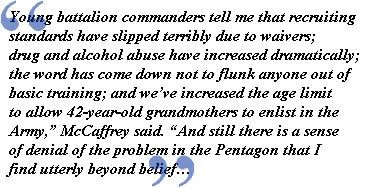By Eyal Press, The Nation. Posted April 11, 2007.
America's suburbs evoke images of dream homes, plush lawns and neighborhood BBQs, not low-wage jobs and houses under foreclosure. Yet for the first time ever, more poor Americans live in the suburbs than in all our cities combined.
Rockingham County, North Carolina, has never been known for its opulence, but until recently most residents would not have hesitated to describe it as comfortably middle class. For several decades the county, a rectangular block of land in the north central part of the state, owed its prosperity to textile mills and tobacco plants, industries that weren't always friendly to unions but that nevertheless furnished the local workforce with jobs that paid enough to raise a family and buy a nice house somewhere.
Among those to do so was Johnny Price, a 44-year-old African-American who lives in a ranch house with green shutters on a street called Sparrow in a leafy residential subdivision on the outskirts of the town of Eden. Two towering oak trees dominate Price's front lawn. In his driveway sits a navy blue station wagon. By the standards of some newly built suburbs, the setup is modest, but for Price, the youngest of ten children whose father died when he was 6 and whose mother worked as a domestic servant, it's a testament to the rewards of hard work and perseverance, values he's tried to instill in his teenage son and daughter, who have lived with him since he and his wife divorced. Lately this has gotten more challenging. A year ago Price lost the job he'd held for nineteen years in company-wide layoffs at Unified, a textile manufacturer. He's now struggling to make do on $1,168 in monthly unemployment benefits and, like many people in Rockingham County, which has been ravaged by plant closings in recent years, wondering how long he'll be able to continue paying his mortgage.

